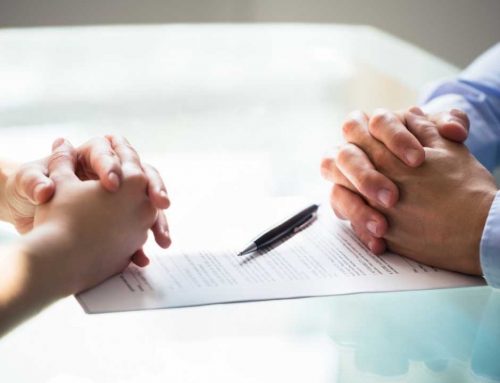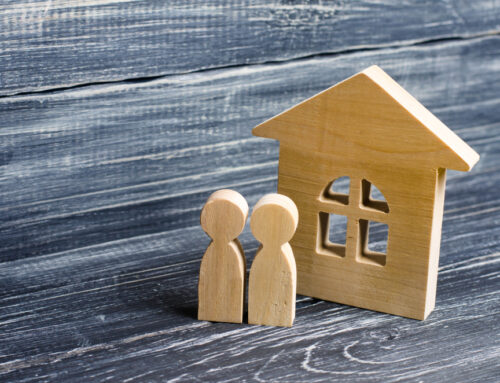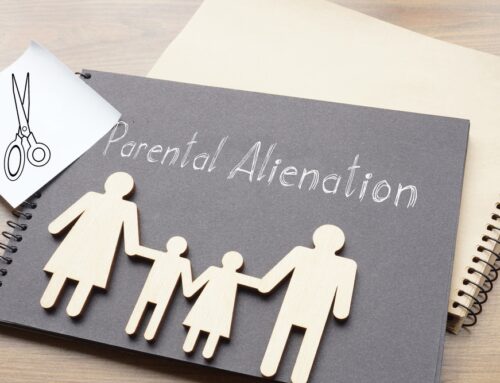Both the birth mother and father of a child have a right to care for their child’s welfare. But parental responsibility is not automatically given in all circumstances.
Parental Responsibility is defined in s 3(1) Children Act 1989 as being:
“all the rights, duties, powers, responsibilities and authority which by law a parent of a child has in relation to the child and his property”.
Parental responsibility is described as the responsibilities, legal rights, and authority of their child and the child’s property. This means that they have the right to make important decisions that relate to the child’s upbringing and their care.
The 2 most important roles when you have parental responsibility are:
- Providing a home for the child
- Protecting and maintaining the child
But some responsibilities also come with parental responsibility:
- Providing discipline for the child
- Choosing and providing the child’s education
- Agreeing to any medical treatment received by the child
- Naming the child and agreeing to any name change
- Looking after the child’s property
However, it is important to note that if a parent does not have parental responsibility, they do have to ensure that the child is supported financially.
Who has parental responsibility?
- Birth mothers automatically gain parental responsibility when a child is born
- Fathers who are married to/ or in a civil partnership with the mother at the time of the birth of the child
- Fathers who are registered on the child’s birth certificate (on or after 1/12/03)
- Civil partners or same-sex partners of the mother who are registered as a legal parent on the child’s birth certificate. (however, if the partner did not consent to the pregnancy or the act of conception then the partner will not automatically gain parental responsibility)
If parental responsibility isn’t automatically gained, it can be applied for. The individual must be connected to the child, whether as the father, a step-parent, or a 2nd female parent.
When does parental responsibility begin?
When a child is born, all mothers immediately have parental responsibility. Whereas fathers have parental responsibility if he is married to the mother, or if he is listed on the child’s birth certificate.
When does parental responsibility end?
Parental responsibility end when a child turns 18 years old. However, there are 2 cases in which prenatal responsibility can end earlier. When a child marries between the ages of 16-18, and in an adoption order which overrides the birth parent’s parental responsibility.
What happens to parental responsibility in the case of a divorce?
When a mother and father are married at the time of the child’s birth, they both automatically have parental responsibility. The same as when a married couple adopts a child, they both have parental responsibility.
But if the married couple divorce, the parental responsibility will not be affected.
Contact Us
Generally speaking, gaining or removing parental responsibility can be a complicated process, and in some cases, courts are involved. For more information on parental responsibility get in touch with one of our experts in family law. Call us on 01782 662424 or email us via info@beestonshenton.co.uk




